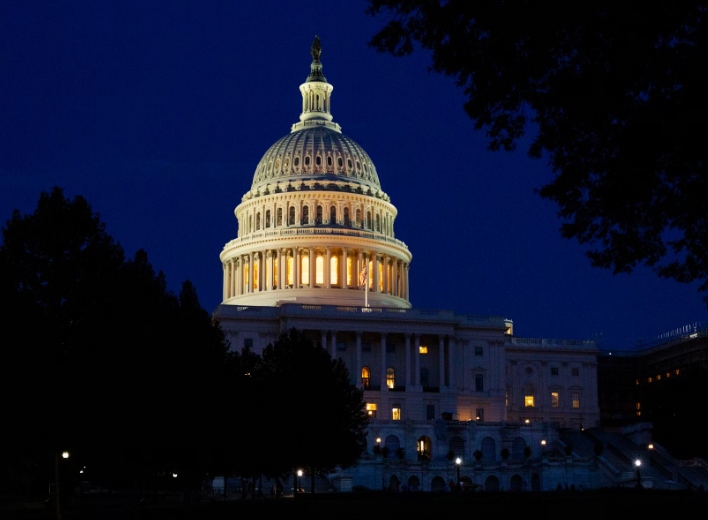Mahdi Fleifel’s dazzling first-person documentary takes us inside the Palestinian refugee camp of Ain el-Helweh, where the approaching World Cup championship has become a means for the residents to articulate their own ideas of home, community, victory and hope.
Note
Live Skype introduction with director Mahdi Fleifel on Sunday, March 3 at 6:30pm
Official Selection, Toronto International Film Festival 2012
A dazzling act of first-person filmmaking, Mahdi Fleifel’s A World Not Ours immerses us in a strange and unique world: the Palestinian refugee camp of Ain el-Helweh (“Sweet Spring”) in Lebanon, hastily built in 1948 and now housing 70,000 refugees in one square kilometre. Fleifel spent his formative years in the camp in the 1980s before his family settled in Denmark, and for years he has been returning and keeping a video diary, his conversations with the camp residents offering an unfiltered take on life in Ain el-Helweh and the inhabitants’ grievances with Lebanon, Israel, and their own political leaders. At the heart of the film is Fleifel’s relationship with his friend Abu Eyad, with whom he shares an obsession with World Cup football and Palestinian politics. But while Fleifel can visit the camp when he pleases, Abu Eyad must remain — an inequity that makes their friendship both extra precious and susceptible to tension. Humourous, touching and revelatory, A World Not Ours brilliantly captures the tumultuous six decades since Ain el-Helweh’s construction through the lens of Fleifel’s own personal journey.
An estimated 300,000 Palestinian refugees live in Lebanon in appalling social and economic conditions. Despite a labour law amendment in 2010 that was supposed to ease access for Palestinians to the official labour market, a survey released by the International Labour Organization in 2012 found that only 2% of Palestinians have obtained work permits, that most earn less than the minimum wage, and that those who do find employment are paid 20% less than their Lebanese counterparts. Lebanese laws and decrees still bar Palestinians from working in at least twenty-five professions requiring syndicate membership, including law, medicine, and engineering, and Palestinians are also still subject to a discriminatory 2001 law that prevents them from registering property.
For more information, visithrw.org/middle-eastn-africa/lebanon
http://tiff.net/filmsandschedules/tiffbelllightbox/2013/2330009894
source





